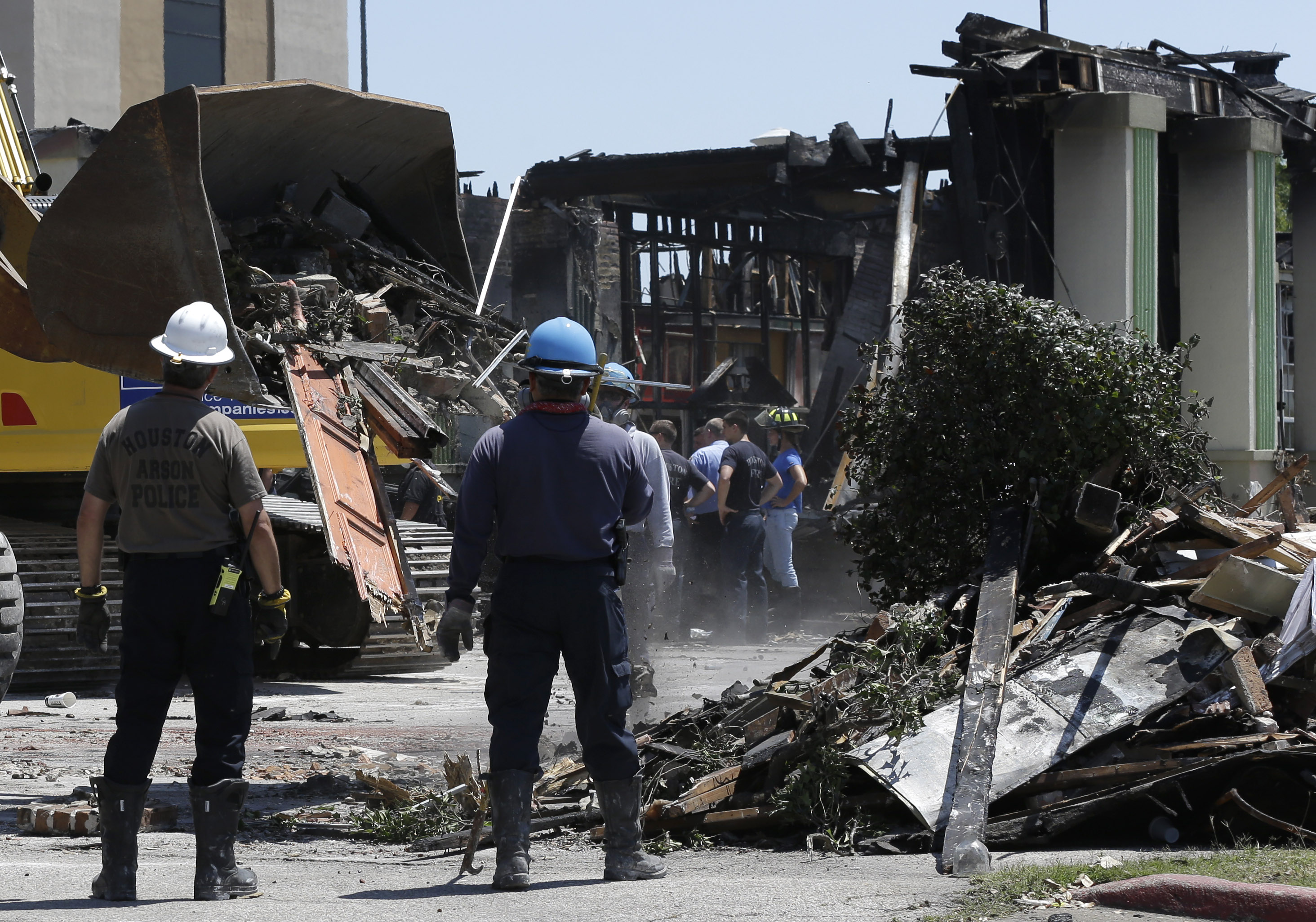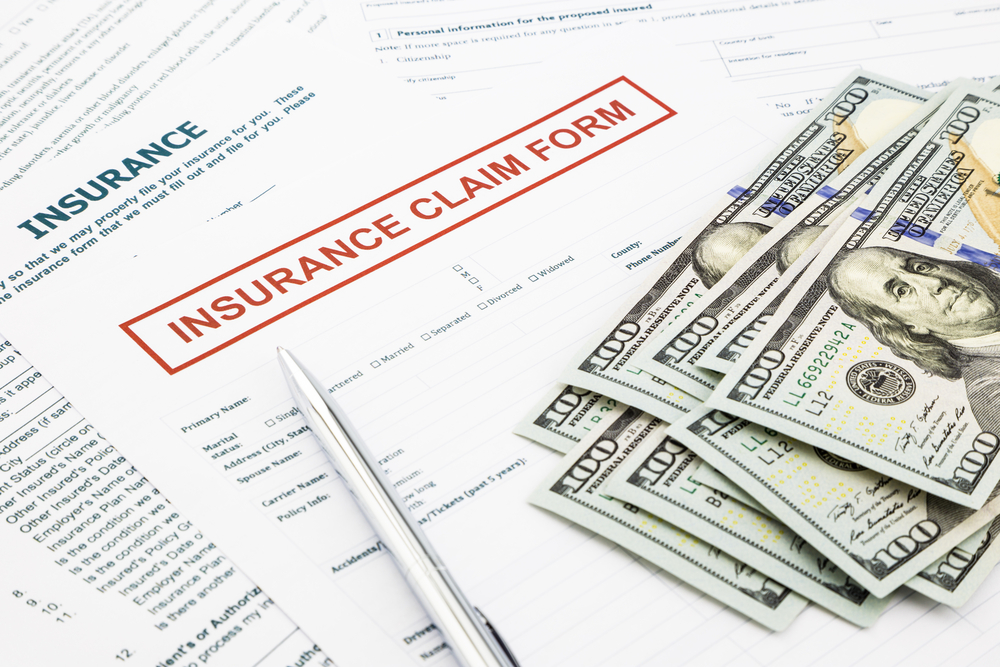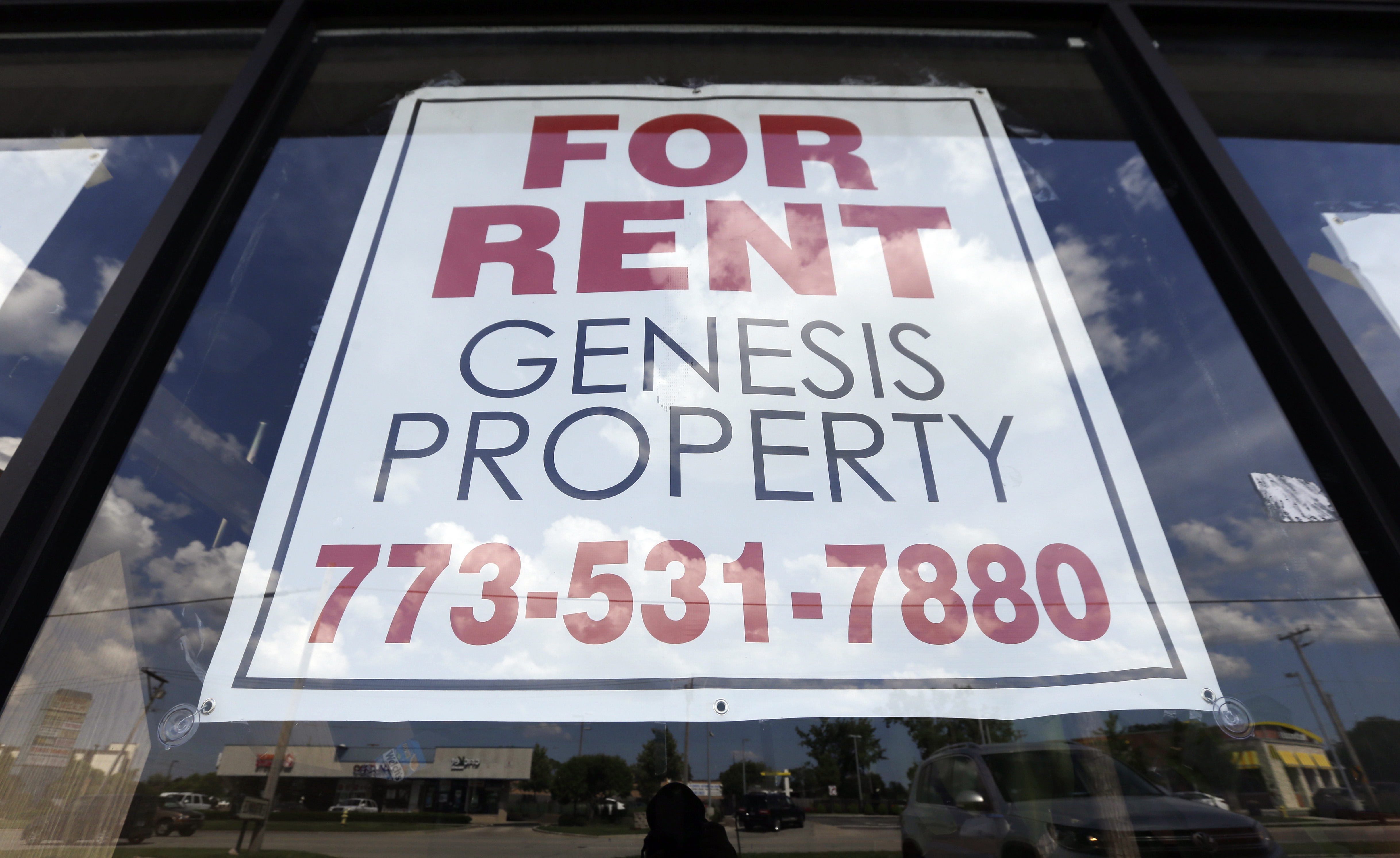Brokers do a great job for their customers, but sometimes they overlook certain coverages, said Jerry Milton, CIC in a recent Insurance Agents & Brokers Power Hour webinar. This could lead to a claim called “failure to recommend,” he explained, and increased liability for the agent or broker in case of a loss.
Here are five property coverages that brokers may fail to recommend for their business customers.
Mistake 1: Failing to insure to 100% value and request agreed value
A building worth $1 million could be subject to coinsurance of 80%, for example, leading to a limit of $800,000. What happens at the time of loss if the building has an actual value of $1.2 million because of improvements and additions? The building owner is out $200,000.
Milton’s advice: “Always push for 100% value and request agreed value, which will suspend the coinsurance.”

AP Photo/Pat Sullivan
Mistake 2: Allowing the tenant to insure a building
If the tenant is the named insured and the building owner is added as an additional insured, Milton explains, the owner could be excluded for any loss if the tenant, its partners, members, officers or managers commits a dishonest act, such as arson for instance. The dishonest acts could leave the building owner with no coverage.
It’s much better, Milton says, for the building owner to carry the insurance and build it into the tenant’s rent.

AP Photo/Noah Berger
Mistake 3: Failing to recommend building glass coverage
Generally, a tenant is responsible for any building glass breakage, Milton points out, but the tenant’s commercial property policy covering business property doesn’t include building items, like glass. Even though the owner is insuring the building, it’s important for the agent to recommend a building glass endorsement to the tenant’s policy.

Mistake 4: Failing to cover improvements and betterments adequately
Milton explains that improvements and betterments, although made at the tenant’s expense, become part of the building. The improvements are included in the definition of “building” in the owner’s commercial property policy and also are included in the definition of “business personal property” in the tenant’s commercial property policy.
Who insures? Because the improvements usually are attached to the property and increase the value of the building, Milton recommends that the owner increase its insurance to cover any improvements.

AP Photo/Nam Y. Huh
Mistake 5: Failure to advise the insured about the occupancy and vacancy issues with builder’s risk policies.
“Occupancy in whole or in part voids the policy,” Milton says. But building owners don’t like vacant buildings. Carriers may give the insured permission to occupy parts of the building as construction is completed, moving in floor by floor, with an endorsement and an additional premium. But this permission is usually only good for 90 days, and may need to be renewed as construction is completed.
A related issue is the question of vacancy. “If the building is less than 31% occupied for customary operations, it’s considered vacant,” explains Milton. In the current economic times, tenants may move out leaving a building at less than 31% occupied, but still partially rented. The broker renews the policy without knowing whether the building is fully occupied or not; however, if the building is considered vacant for more than 60 days, the owner will lose coverage. In that case, the policy may not pay for any loss caused by vandalism or sprinkler leakage, for example, and other covered losses are reduced by 15%.
Jerry M. Milton, CIC, teaches and consults on industry issues. The legal profession recognizes him as an expert on insurance coverages. He is also the education consultant for Insurance Agents & Brokers (IABforME.com), working with CISR, CIC and continuing education programs.
This information originated from the Insurance Agents & Brokers Power Hour webinar, presented Nov. 24, 2014. Insurance Agents & Brokers is the partnership of independent agents' associations in Delaware, Maryland and Pennsylvania. Learn more at IABforME.com.
Want to continue reading?
Become a Free PropertyCasualty360 Digital Reader
Your access to unlimited PropertyCasualty360 content isn’t changing.
Once you are an ALM digital member, you’ll receive:
- Breaking insurance news and analysis, on-site and via our newsletters and custom alerts
- Weekly Insurance Speak podcast featuring exclusive interviews with industry leaders
- Educational webcasts, white papers, and ebooks from industry thought leaders
- Critical converage of the employee benefits and financial advisory markets on our other ALM sites, BenefitsPRO and ThinkAdvisor
Already have an account? Sign In Now
© 2025 ALM Global, LLC, All Rights Reserved. Request academic re-use from www.copyright.com. All other uses, submit a request to [email protected]. For more information visit Asset & Logo Licensing.








